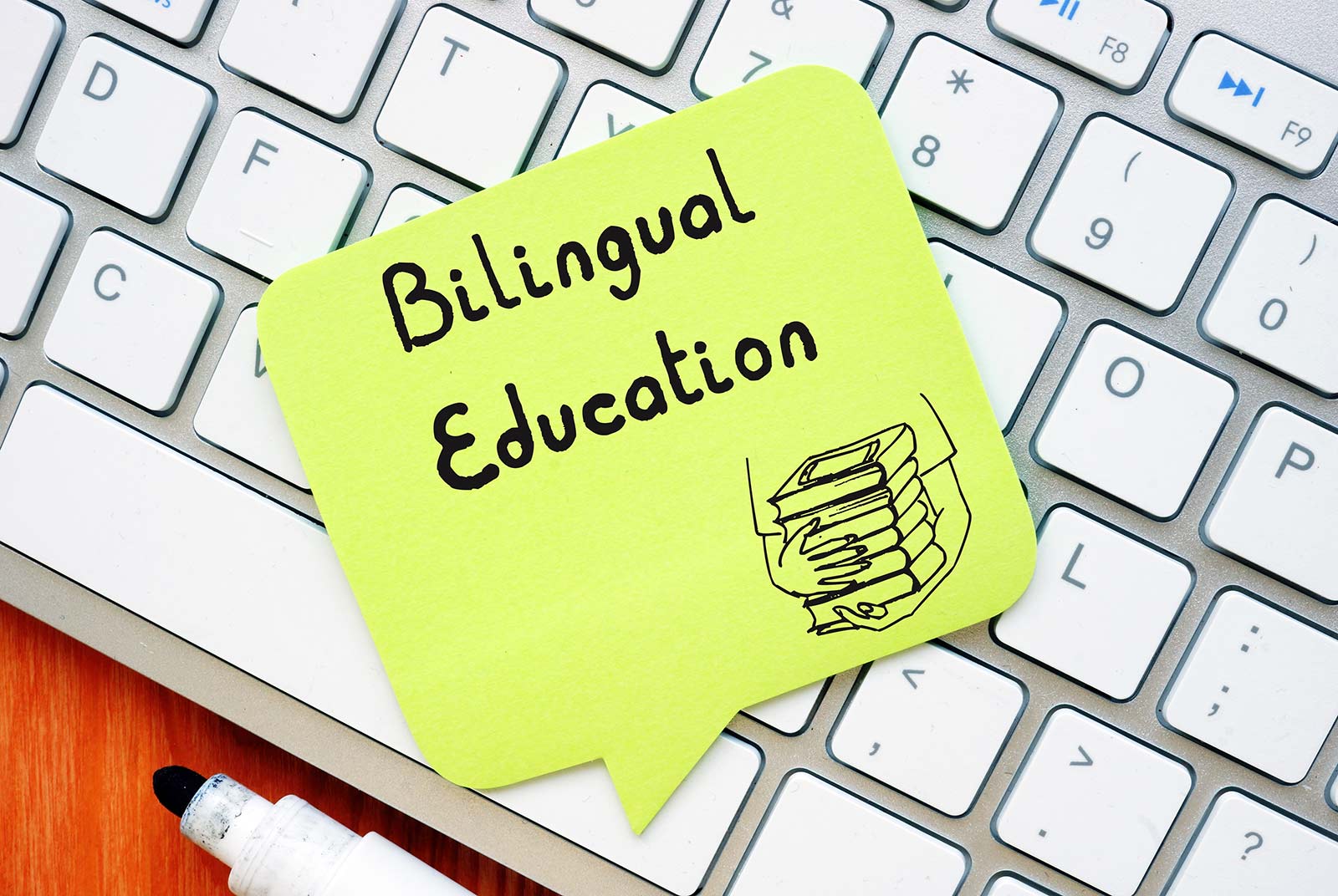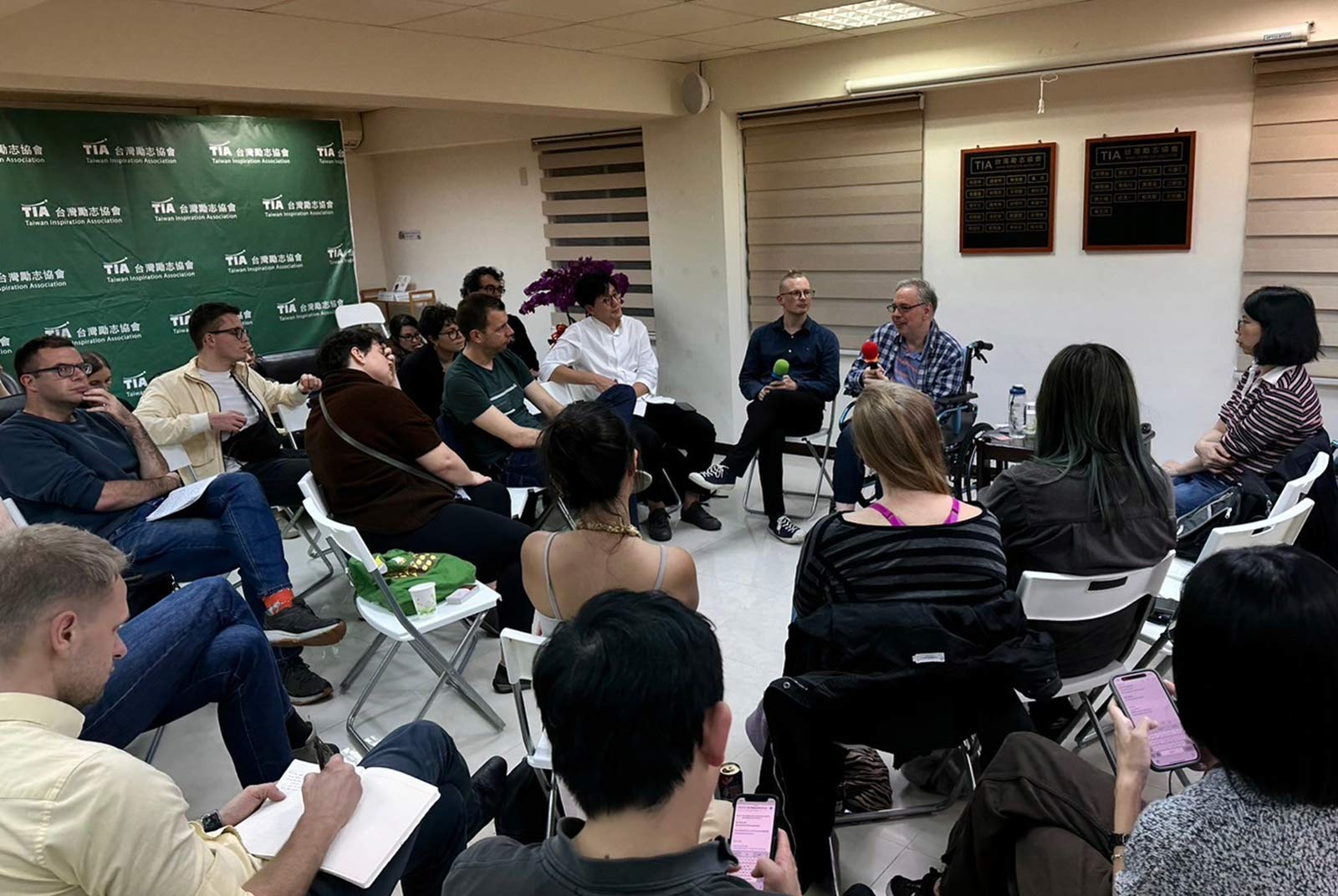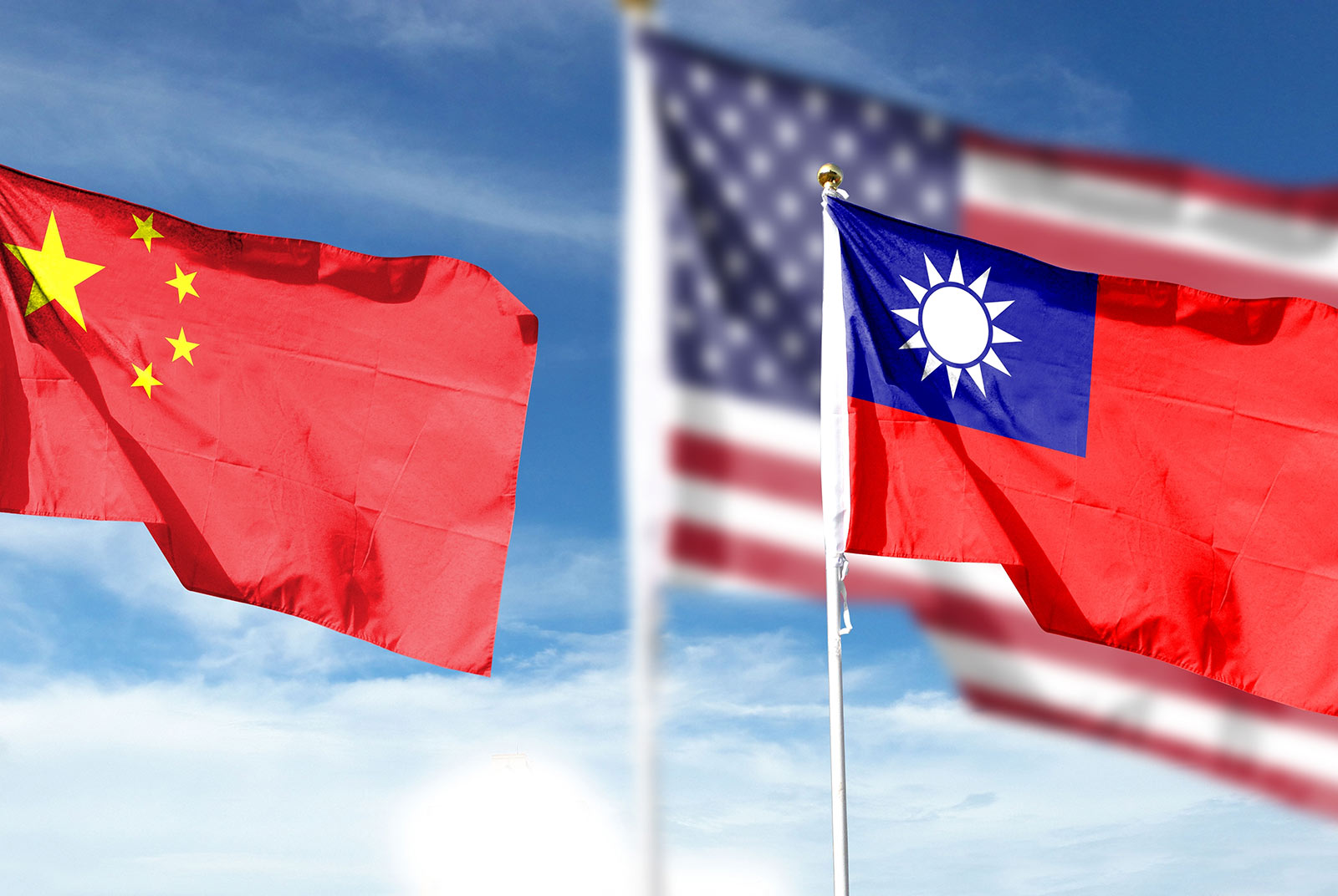Why does L'Oréal Taiwan award female scientists?
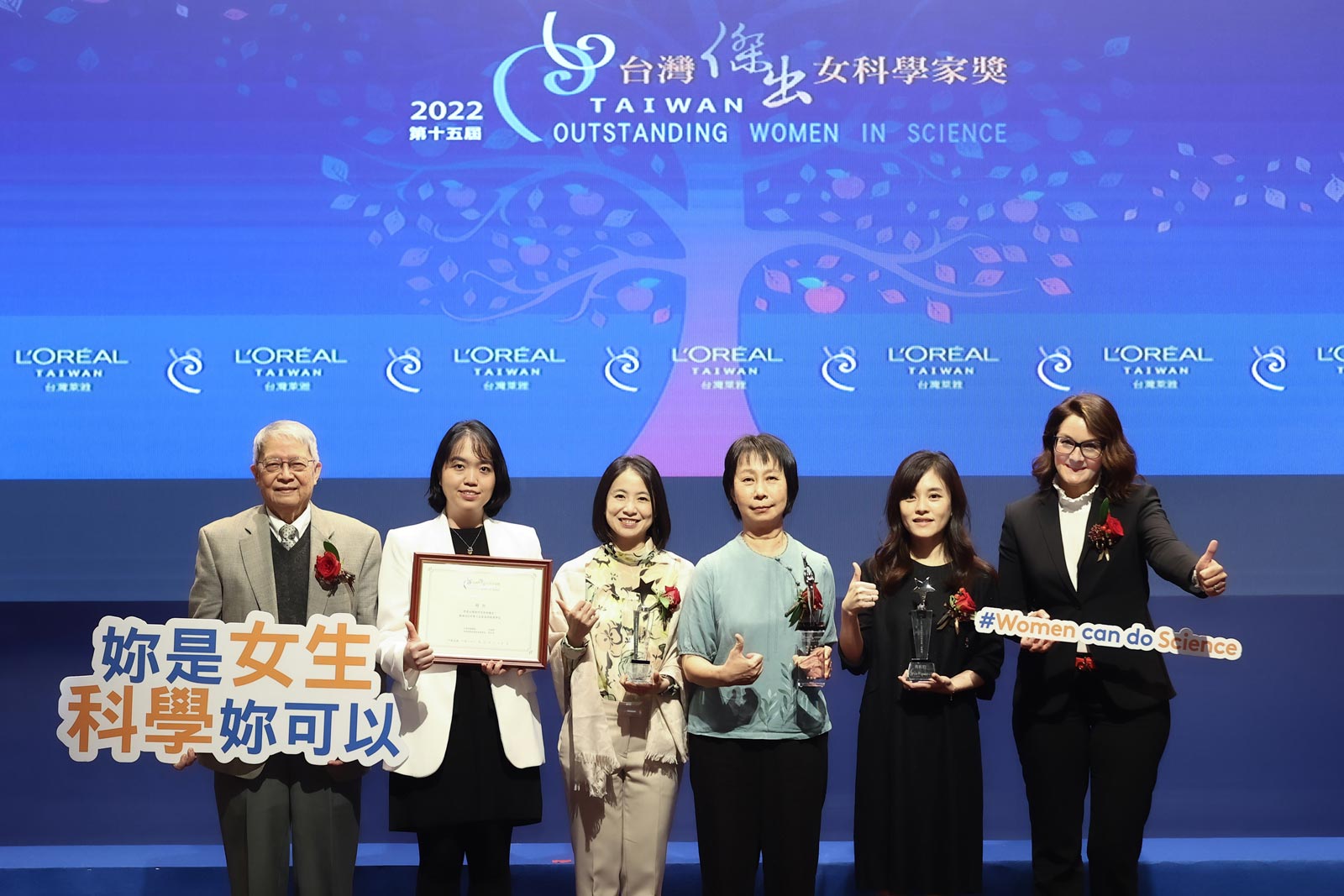
Source:Eva Leihener-Stefan
Only one-third of undergraduate and graduate students studying science-related subjects were women, decreasing further to one-fourth in Ph.D. programs. Now L’Oréal, the cosmetics brand is trying to change this status quo.
Views
Why does L'Oréal Taiwan award female scientists?
By Eva Leihener-Stefanweb only
In March 2022, “Taiwan Outstanding Women in Science (TOWIS) Awards”, also known as Taiwan’s “Nobel Prize for Women”, held its 15th award ceremony. Since its inception, it has recognized 46 outstanding women scientists, marking an important milestone in L'Oréal Taiwan’s efforts to promote women’s participation in the scientific community.
Many may wonder: “Being a cosmetics company, why is L'Oréal interested in women participating in science?” L'Oréal Group actually has its roots in scientific research. After noticing the problem of gender imbalance in the scientific community, it started to collaborate with UNESCO in 1998 to establish the “For Women in Science Awards.” The objectives were to commend the outstanding accomplishments and social contributions of women scientists, encourage more women to engage in scientific research, and promote gender balance in the scientific community.
Although both genders enjoy equal education rights in Taiwan, the proportion of women in the scientific community is still relatively low.
According to the Ministry of Education’s data from 2015, only one-third of undergraduate and graduate students studying science-related subjects were women, decreasing further to one-fourth in Ph.D. programs.
Therefore, L'Oréal Taiwan collaborated with Wu Chien-Shiung Education Foundation to establish the “Taiwan Outstanding Women in Science Awards” to commend the accomplishments of outstanding women scientists. This recognition also encourages other women who are interested in STEM fields to bravely pursue their science dreams.
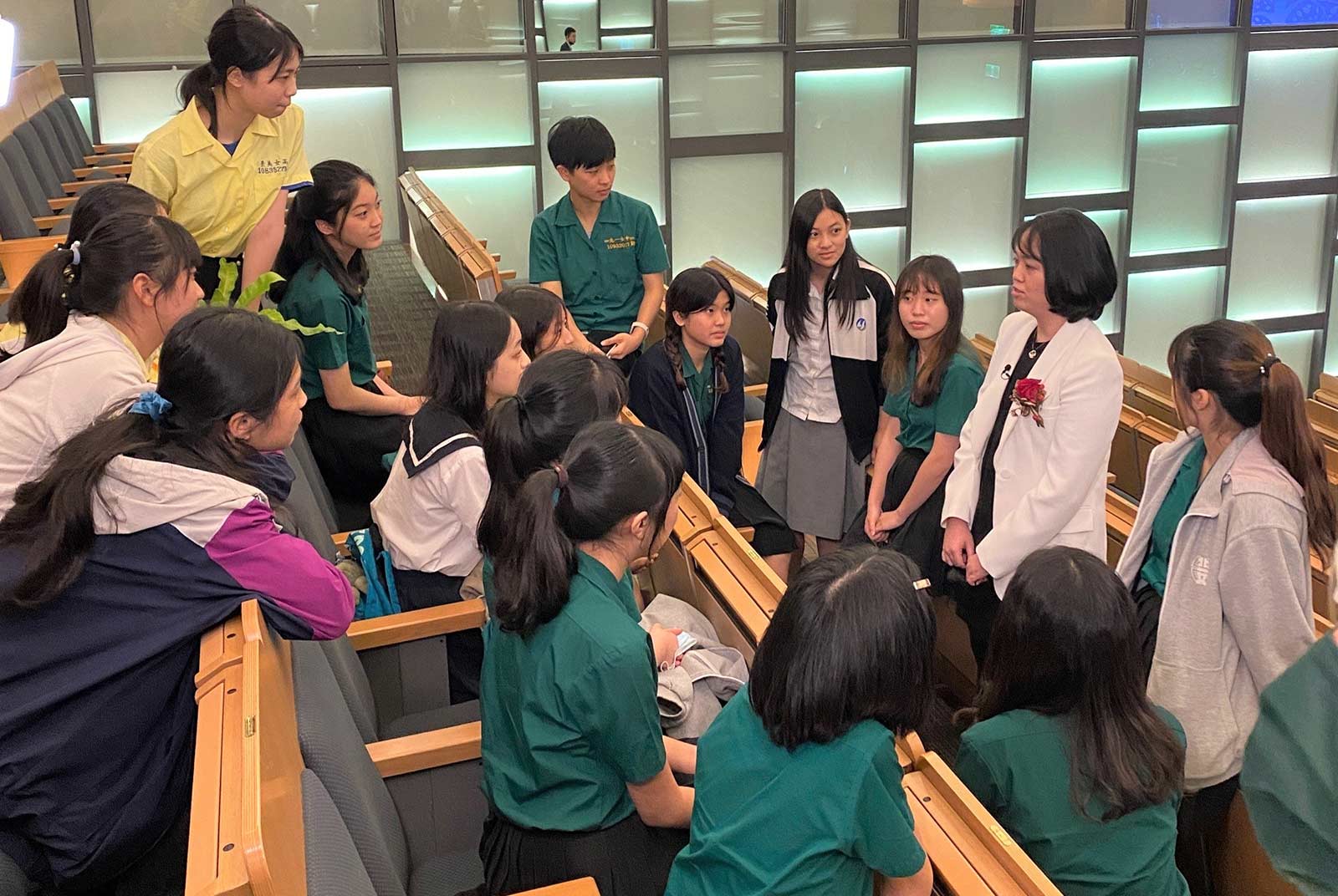 (Source: Eva Leihener-Stefan)
(Source: Eva Leihener-Stefan)
Another initiative of L'Oréal Taiwan and Wu Chien-Shiung Education Foundation is the “Girls’ Senior High School Science Touring Program (GSHSSTP).” Approved by Taiwan’s Education Ministry, it aims to encourage female high school students to consider science and technology majors when filling university applications.
During this important time when students make life-changing decisions, the program strives to motivate female students who are interested in these fields by arranging mathematics and scientific experiments, and inviting previous TOWIS award recipients to share their experiences.
Not only do the aforementioned campaigns encourage women to pursue a career in science, they also help bring parity to the gender imbalance that exists within the research environment.
Both the 2000 Millennium Development Goals (MDGs) and the 2015 Sustainable Development Goals (SDGs) highlight "promoting gender equality and empowering women." SDG 5.1 made it a goal to "End all forms of discrimination against all women and girls everywhere" while SDG 5.5 aims to "Ensure women's full and effective participation and equal opportunities for leadership at all levels of decision-making in political, economic and public life." To achieve these goals, L'Oréal continues to build programs that inspire more women to join the scientific community, which in turn helps change the current male-dominated environment and systems.
There are fewer women researchers in Taiwan, partly because the academia environment could prove to be challenging for female scientists. Dr. J. Raynien Kwo, winner of the 8th TOWIS’ Outstanding Award, shared her experience of doing research in the US. She said it was not easy to enter her colleagues’ social circles. Since women were the minority, she felt she didn’t have access to many opportunities and resources.
After Dr. Kwo returned to Taiwan, she helped develop a mentoring program in the Physical Society of Taiwan’s Working Group on Women in Physics. Female scientists were routinely invited to gatherings with young female researchers in order to encourage more women with potential, creating a positive cycle.
In recent years, as more women dedicate themselves to scientific research, the environment is changing. For example, the Ministry of Science and Technology project assessment guidelines state that, every time the project leader gives birth to a child, the deadlines can be extended for up to two years.
TOWIS also adjusted its criteria for the "Newcomer Award" accordingly, which has benefitted this year’s winner, Dr. Hsueh Yen-ping. Such systemic changes make it easier for female scientists to integrate pregnancy, childbirth, or other family arrangements into their professional careers.
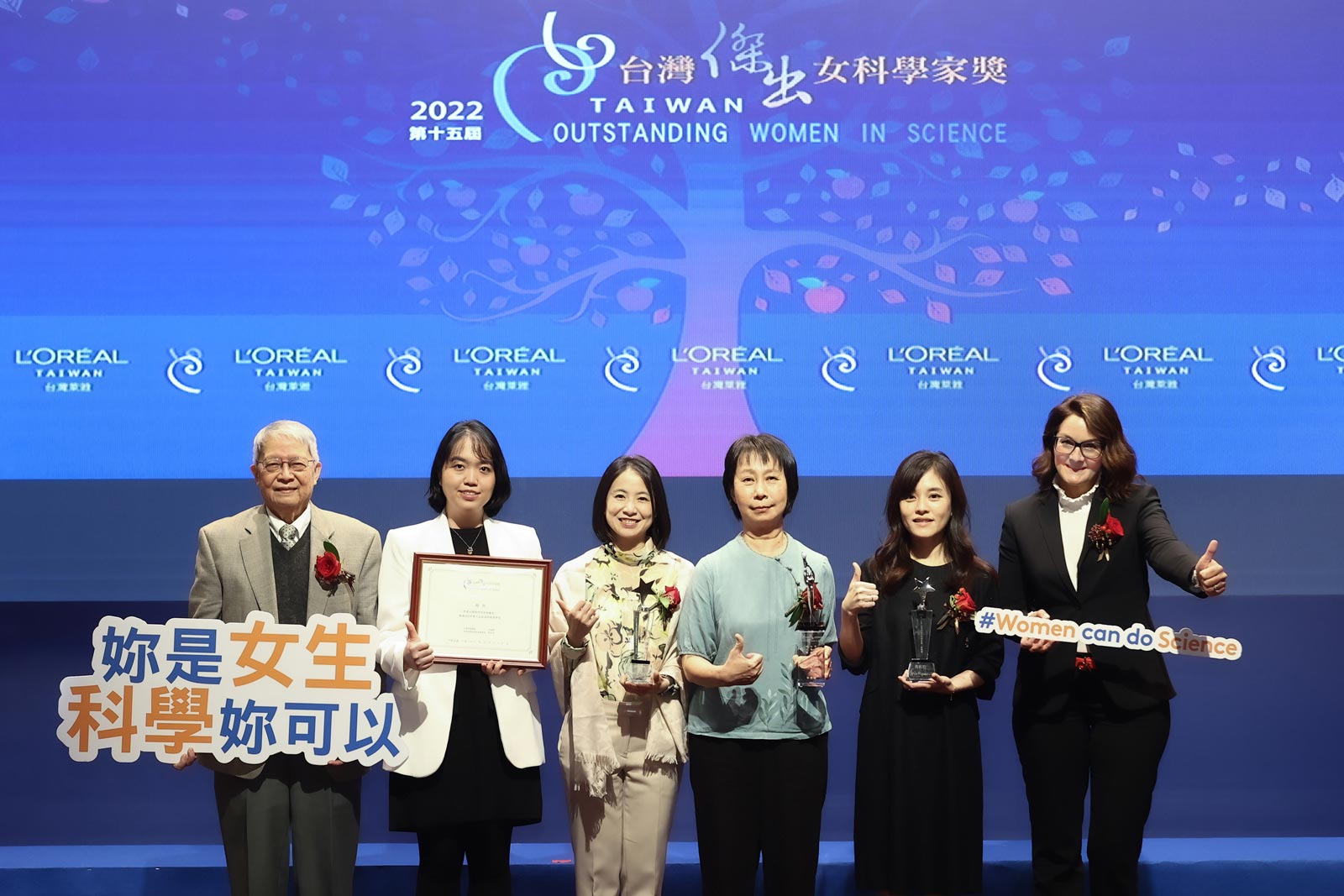 (Source: Eva Leihener-Stefan)
(Source: Eva Leihener-Stefan)
The 2022 Outstanding Award winner, Dr. Li Hsou-min, said that many women often retire early from academia due to family needs. Therefore, she has tried to create a friendlier system for women in the academic environment through the establishment of a nursery school in Academia Sinica, enabling women to do research while raising children. We can clearly see the positive changes brought by women who create changes to the system.
For over a decade, L'Oréal Taiwan has continued to encourage the participation of more women in science through efforts in the areas of research and education by highlighting women scientist role models and expanding science programs at girl’s high schools.
By 2021, more than 10,000 senior high school students will have participated in the "Girls' Senior High School Science Touring Program." A survey of the program showed that half the students who originally wanted to major in humanities, changed their mind and pursued a major in science. Meanwhile, 85% of students who already wanted to pursue scientific studies, said their intentions were further solidified. According to the Ministry of Education data, the proportion of female students majoring in scientific studies increased by 5.3% from 2007 to 2020. L'Oréal hopes this trend continues and is committed to working towards a future of gender balance in the scientific community.
The promotion of STEM (Science, Technology, Engineering, and Mathematics) education has become a global trend. Nations not only need to increase the number of STEM students, but also need to promote gender equality in the sciences.
Aside from striving to meet the UN's SDGs, L'Oréal Taiwan hopes to make "Women Can Do Science" a norm in order to support and enable women to pursue a future in sciences and help create a gender-balanced future.
(This piece reflects the author's opinion, and does not represent the opinion of CommonWealth Magazine.)
About the Author:
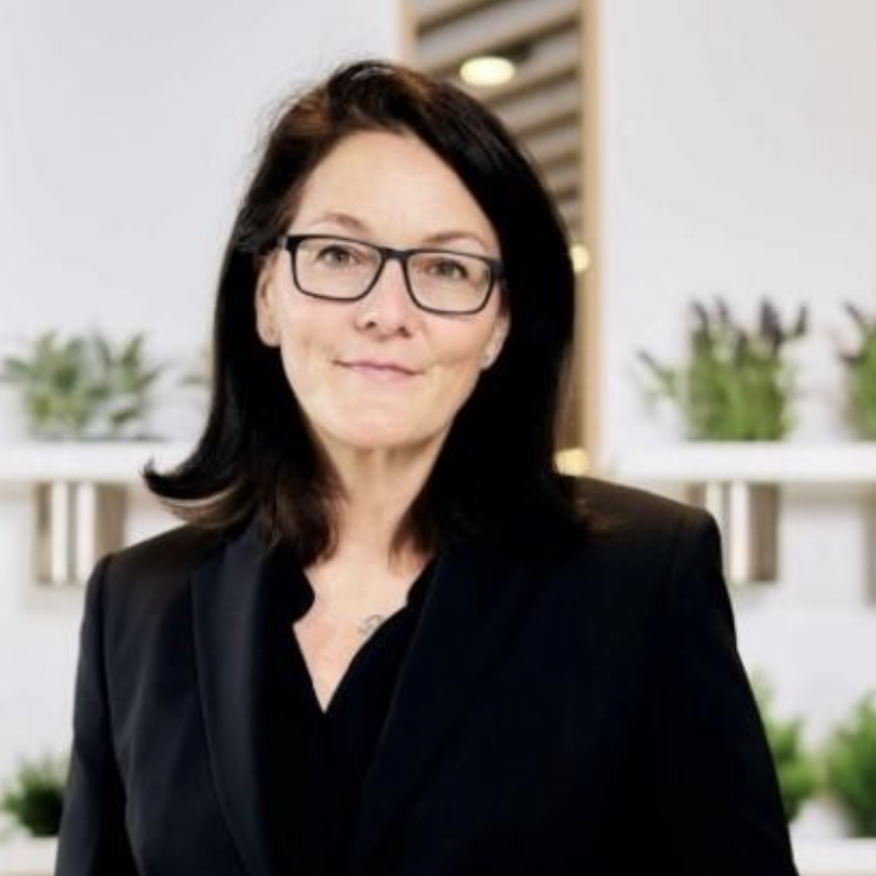
Eva Leihener-Stefan is Managing Director of L’OREAL Taiwan. She has over 20 years experience in different functions and markets within the L’OREAL GROUP. Whilst steering the Taiwan business, one of her priorities is to translate the recently established worldwide sustainability program “L’OREAL FOR THE FUTURE” into a concrete local action plan, putting the strong historic sense of purpose to “create the beauty that moves the world” into practice to protect the planet’s environment, boost diversity and equity in society, and strive toward future sustainability.
Have you read?
- Taiwan and the global energy transition - Tackling the 95%
- An overview of global warming sources from APEC, EU, and Taiwan
- Net zero emissions: a core business priority
Uploaded by Ian Huang

